
Help protect our winged friends
We’re being invited to become ‘bat detectives’ in Devon as part of a major conservation study.
The Devon Bat Survey returns this year with opportunities for nature lovers to get involved in one of the county’s biggest citizen science initiatives.
The survey has run since 2016 and has clocked up millions of sound recordings of the flying mammals, contributing to conservationists’ knowledge of bats and their habits.
This vital information helps understanding about the health of Devon’s environment which can then be used to help protect the bats. All UK bats eat insects, so they need conditions in which insects thrive including clean rivers, wildflower rich meadows, healthy woodlands and hedgerows.
This year, the Devon Bat Survey is especially keen to hear from people in North Devon, Torridge and the Blackdown Hills – areas where it has fewest records.
Lindsay Mahon, Devon Bat Survey coordinator at Devon Wildlife Trust, said: “The feedback we get from our bat detectives is amazing – people enjoy being involved and discovering which bats are living near them.
“I am delighted that we have been able to open the survey more widely this year and offer more people an opportunity to get involved in helping these protected species.”
“We are looking for surveyors in Devon who have gardens or their own land in which they can safely put one of our digital bat detectors. The detectors themselves are small and come with full instructions. The survey is free to take part in, and people can sign up via the Devon Wildlife Trust website.
“Taking part in the survey involves borrowing one of our bat detectors for a few nights, setting it up outside and letting it do the rest. Participants then upload the digital sound recordings to an online system. This then tells them which bats have visited their garden.
“The survey is usually very popular, so my advice is to book early as the spaces fill up fast. We are extremely grateful to everyone who takes part, including the host centres which act as the collect and return points for the bat detectors.
“We simply couldn’t run a survey of this scale without our host centres and citizen scientists.”
During its previous seven years the Devon Bat Survey has identified 13 different species of bat in Devon. Some of these are relatively common such as pipistrelles, but others, including greater horseshoe and barbastelle bats, are considered rare and under threat.
Find out more about taking part in this year’s bat survey at: https://www.devonwildlifetrust.org/devon-bat-survey-2023.
The Devon Bat Survey runs from now until October 6.
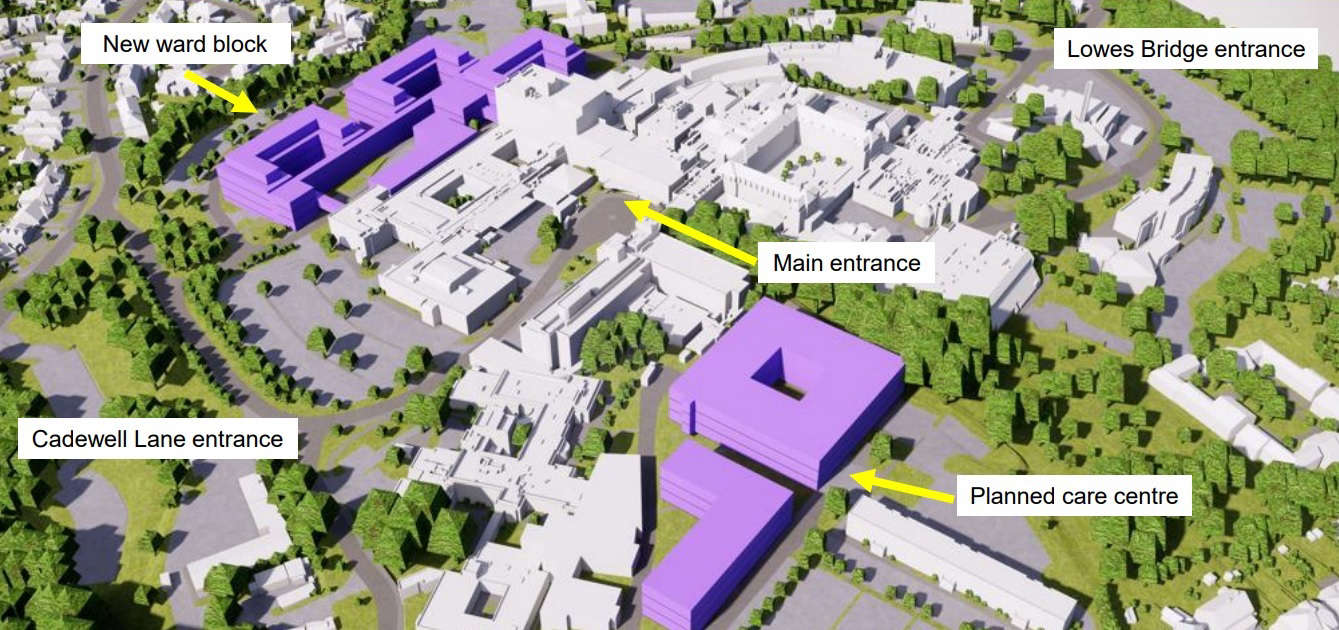 How Torbay Hospital bosses are tackling 'risks'
How Torbay Hospital bosses are tackling 'risks'
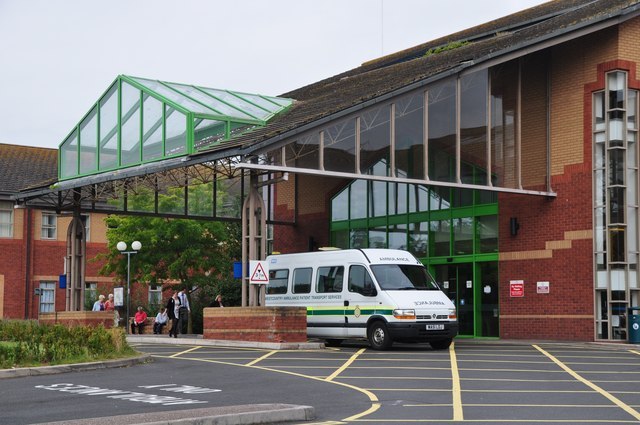 RD&E and North Devon hospital waiting times slashed
RD&E and North Devon hospital waiting times slashed
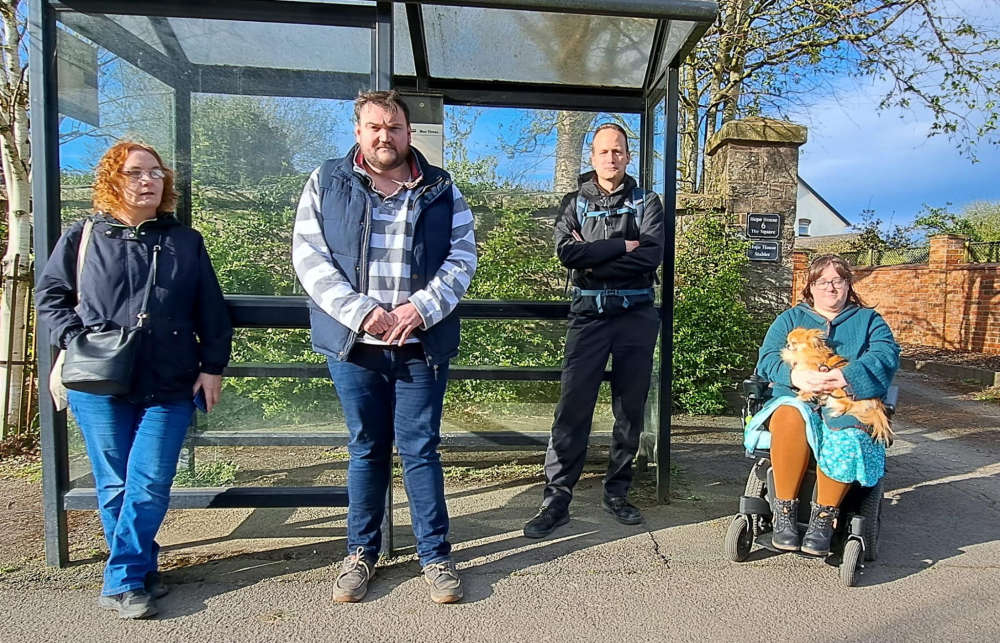 Bus service changes leave villagers in North Devon stranded
Bus service changes leave villagers in North Devon stranded
 Demand for action over Teign sewage spills
Demand for action over Teign sewage spills
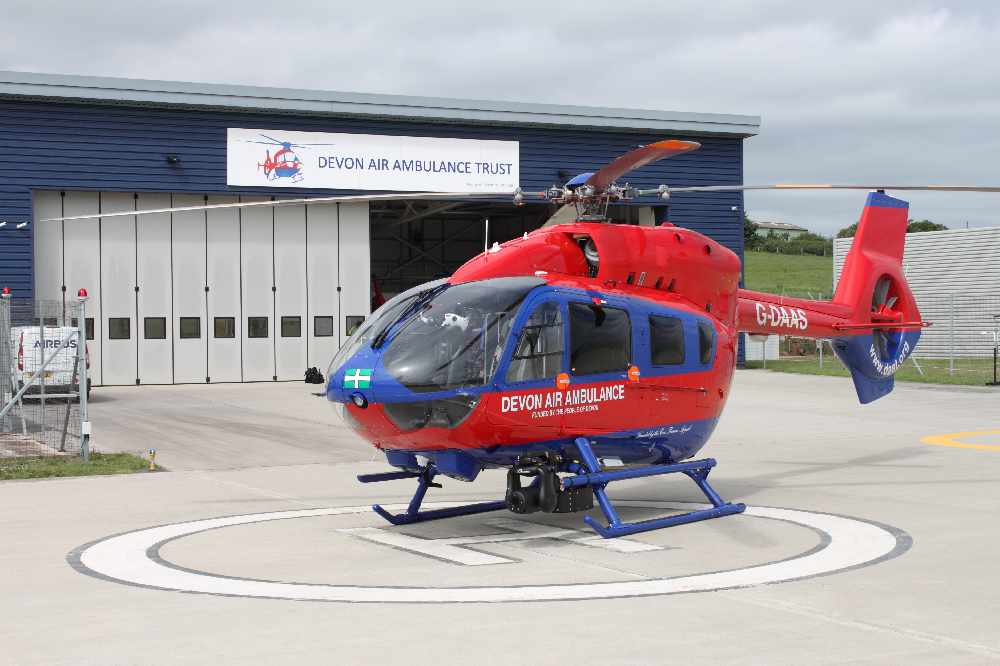 Cyclist critically injured in Sidmouth
Cyclist critically injured in Sidmouth
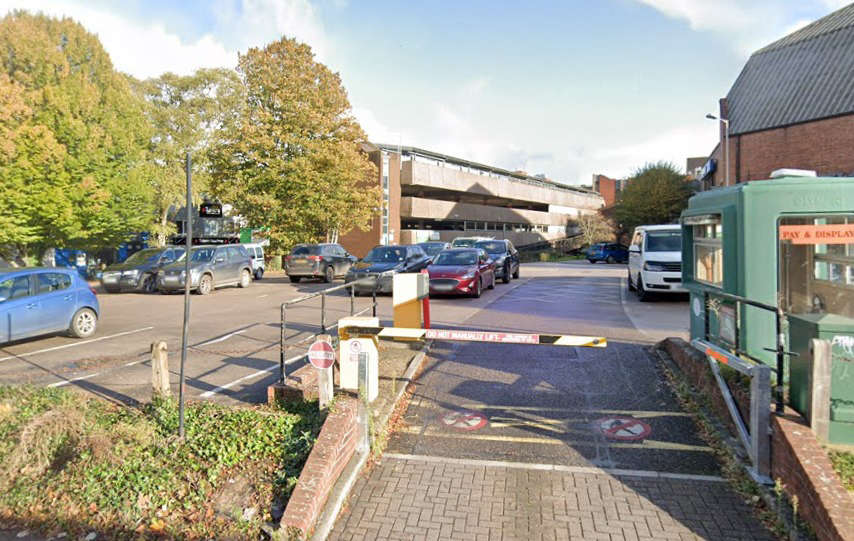 Council owed £4 million by its own housing company
Council owed £4 million by its own housing company
